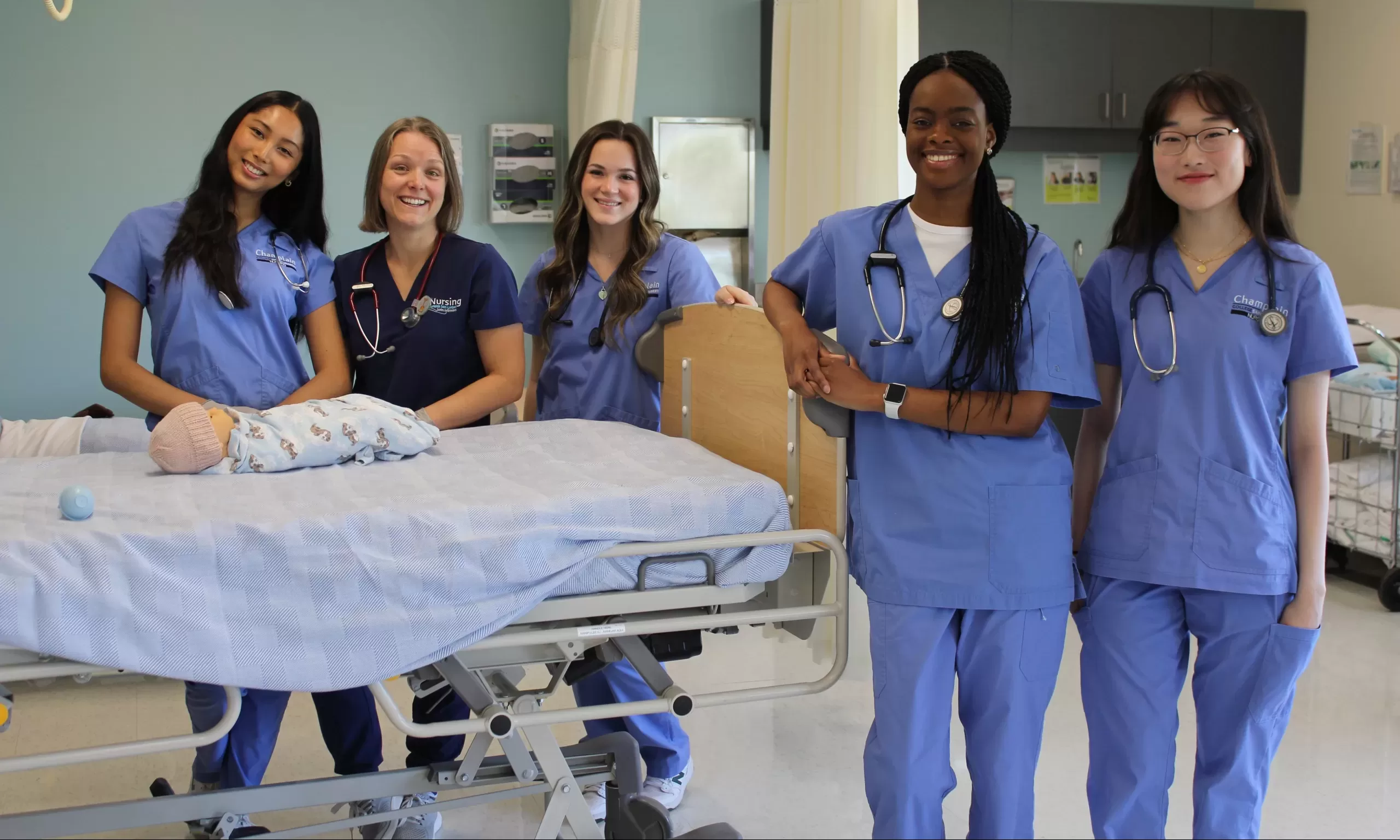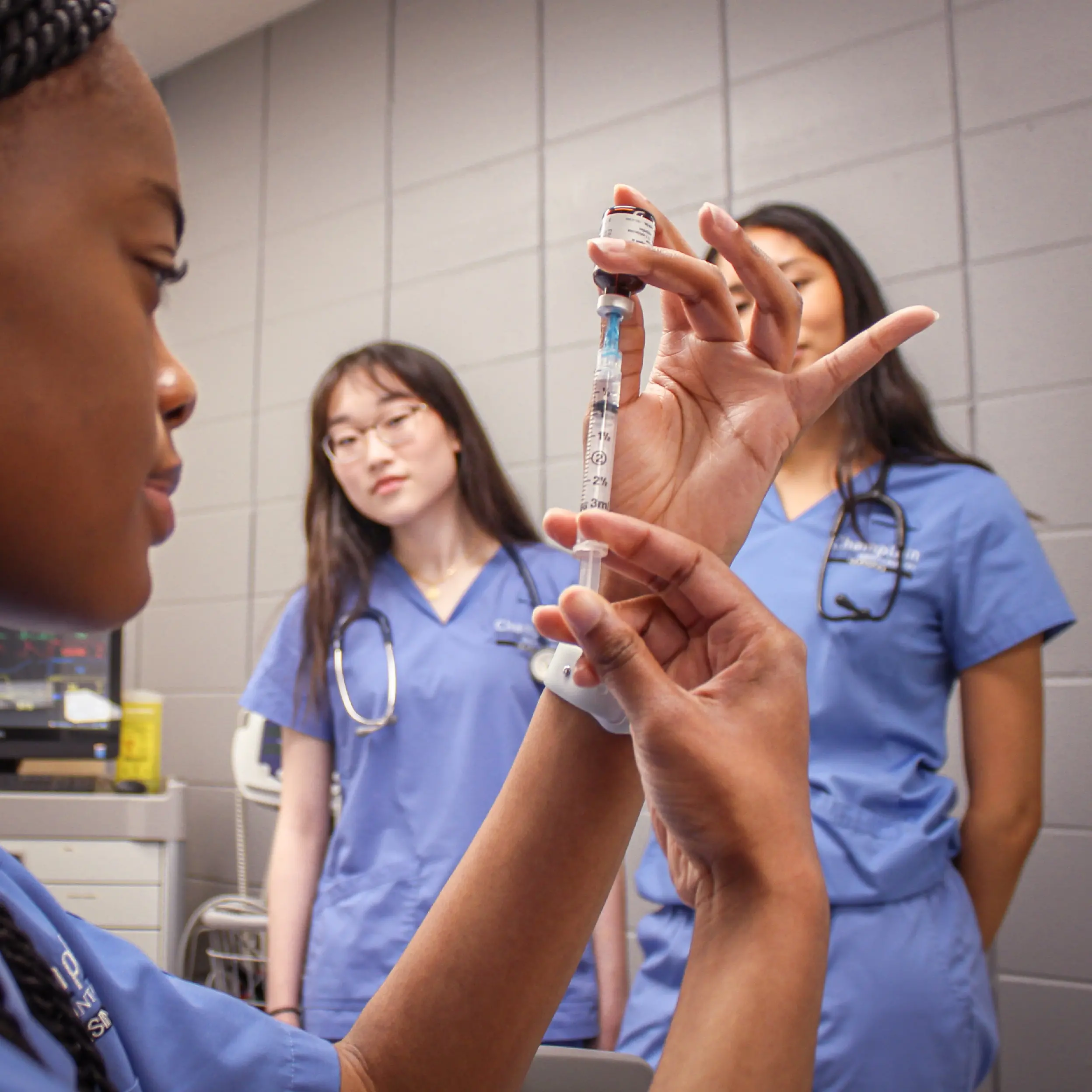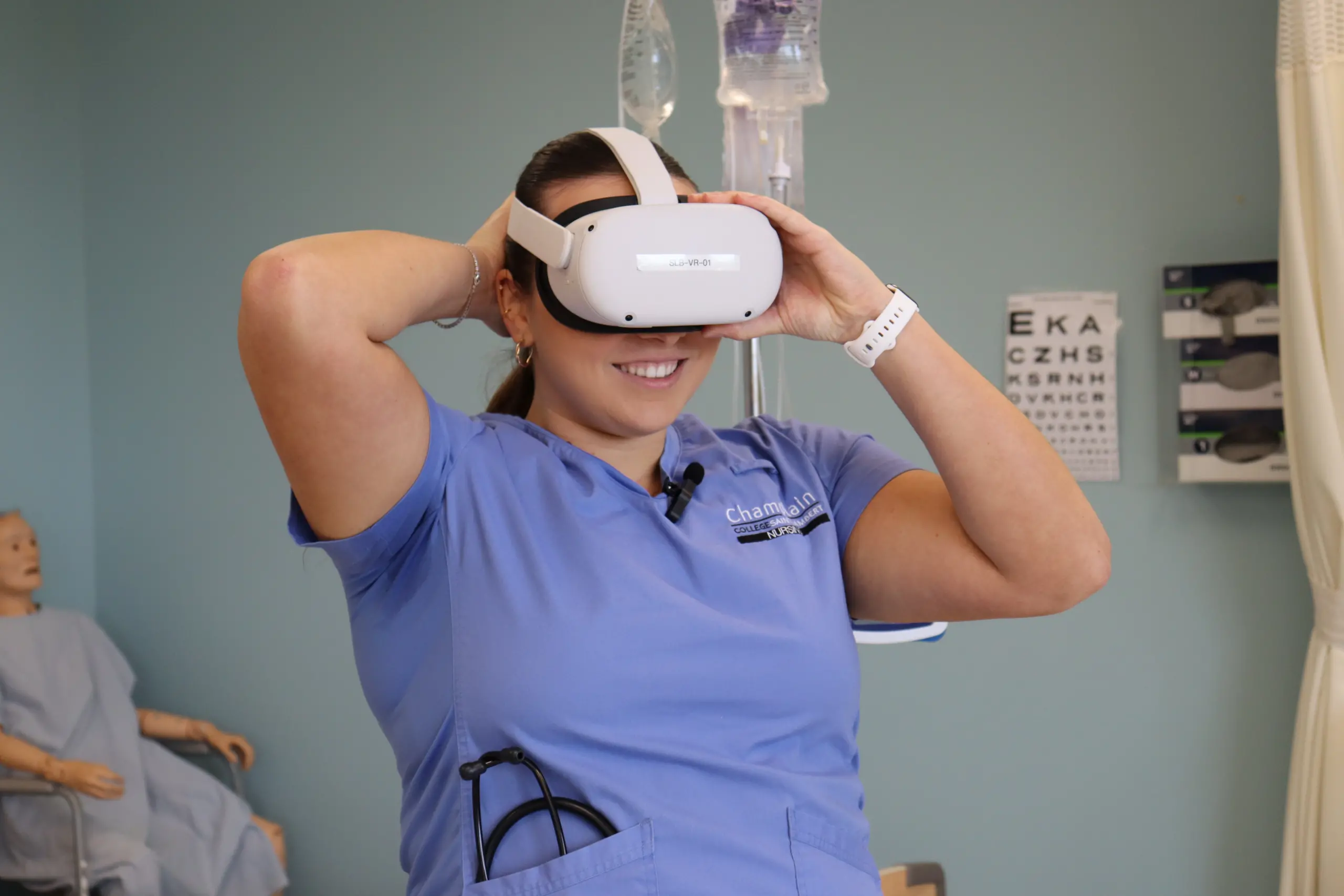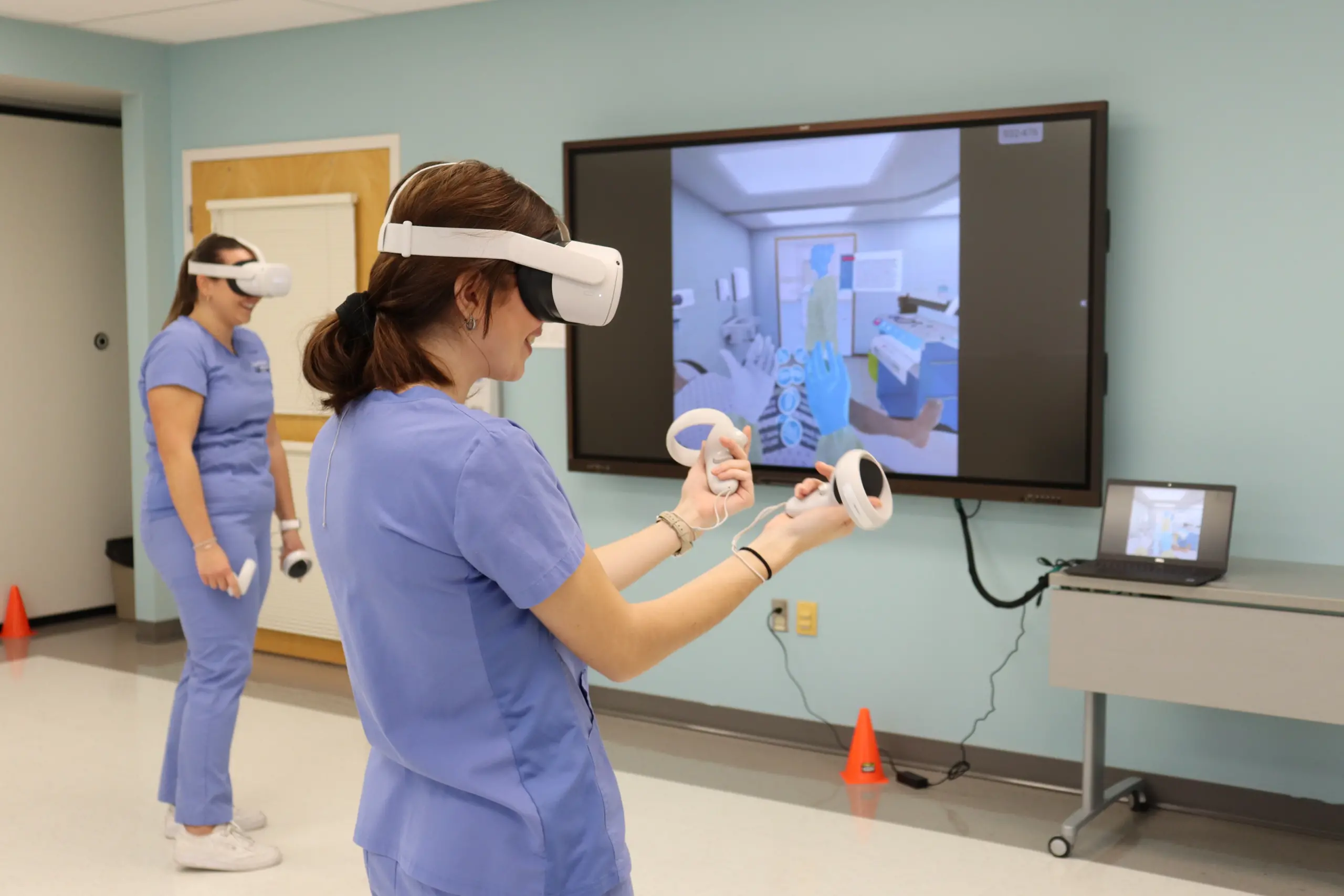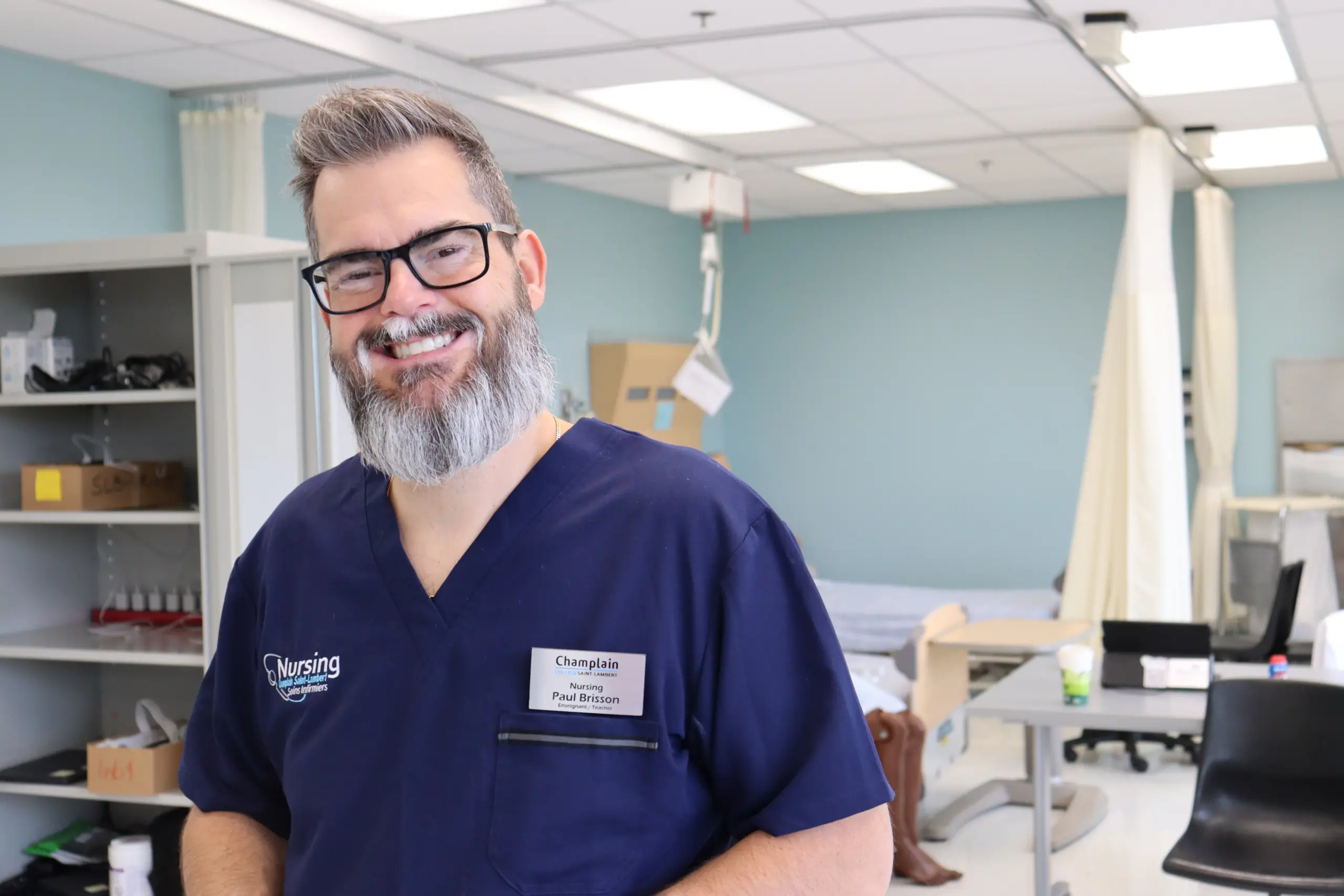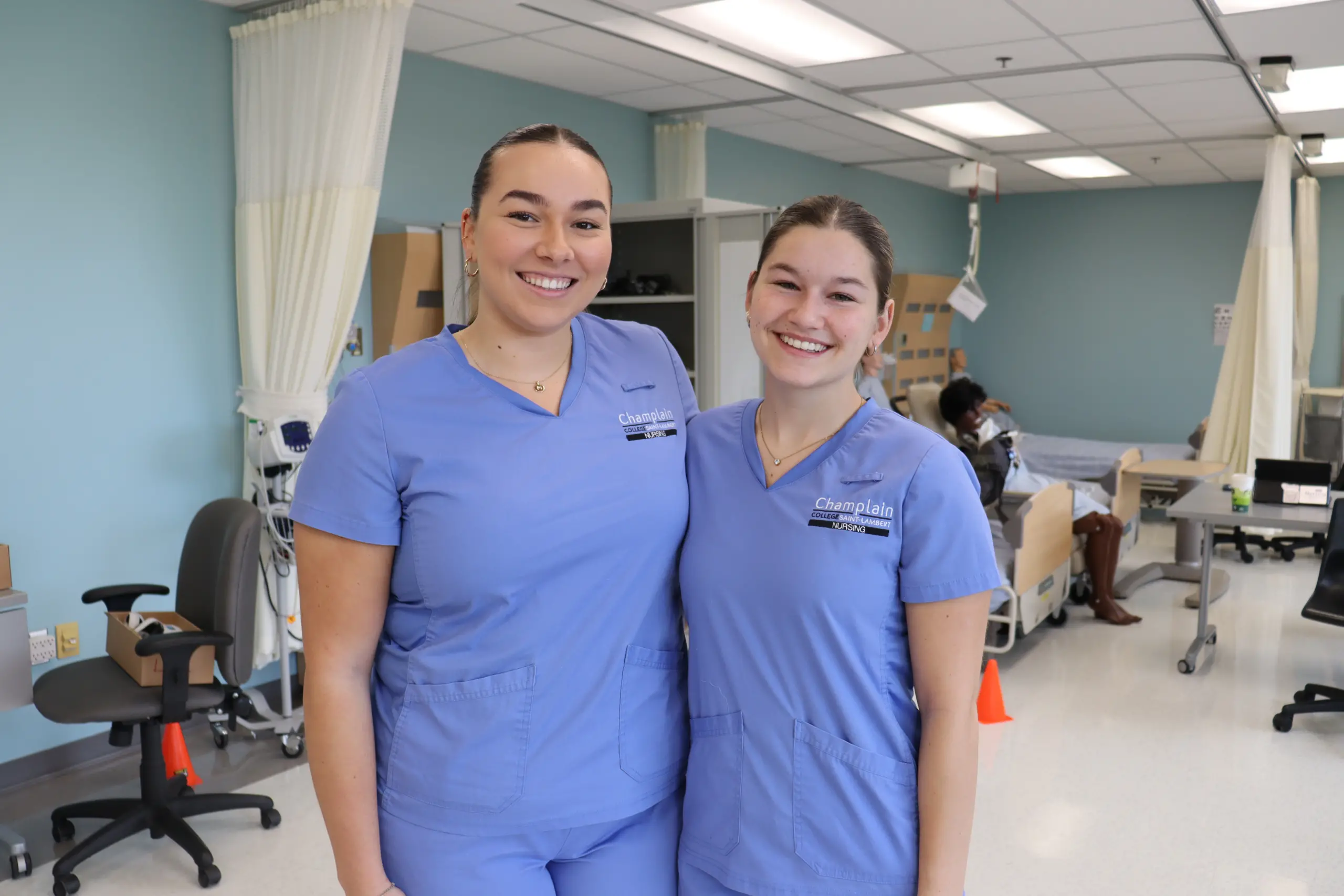About the Program
Nursing is a three-year program that blends classroom studies and nursing labs with clinical fieldwork in various hospitals and healthcare facilities.
Our mission is to develop graduates recognized as outstanding nurses providing compassionate and quality care, focusing on the unique needs of patients and their families.
Students experience a variety of Francophone and Anglophone clinical settings such as emergency, medical and surgical care, pediatrics, maternity, ambulatory care, mental health and gerontology. A DEC in Nursing will provide an opportunity to write the provincial licensing exam in order to begin employment as a registered nurse. Our graduates also have the opportunity to pursue continued studies in the DEC-BAC program with a university in Quebec, such as McGill University, Université de Sherbrooke and Université de Montreal.



